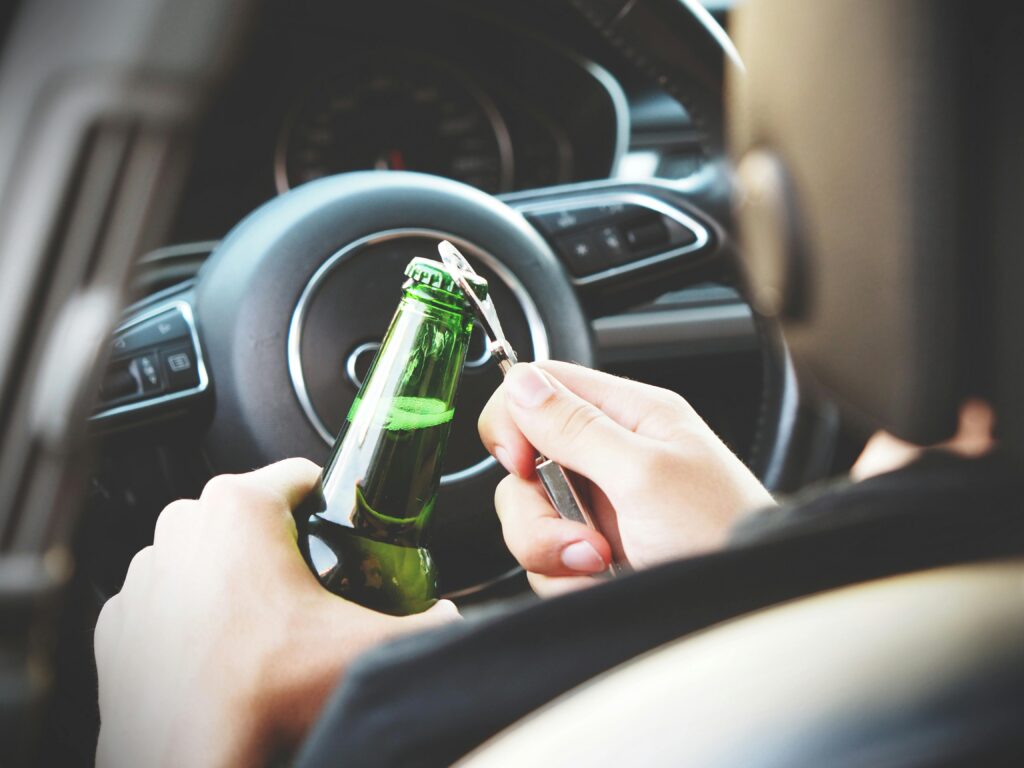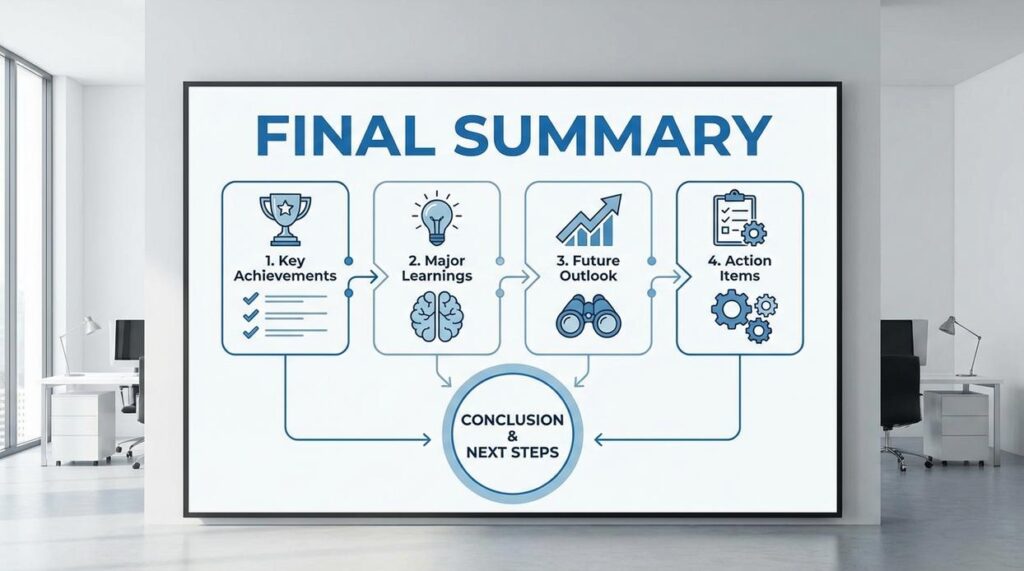Facing an auto accident near me can be overwhelming, especially when it’s caused by a drunk driver. First, ensure your safety by checking for injuries and calling 911. Your health is the priority, so seek medical attention immediately. Gather evidence, such as photos of the accident scene, vehicle damage, and road conditions. Exchange contact and insurance information with the other driver, and get witness statements if possible. Keep calm and avoid discussing fault at the scene. Later, contact your insurance company to report the accident. But remember, Georgia’s laws allow you to pursue compensation for damages. Legal assistance can guide you through this process, ensuring your rights are protected. Stay vigilant and proactive, as navigating the aftermath of such an accident requires both courage and precision. Understanding these steps can empower you to make informed decisions and move forward with confidence and resilience.
Immediate Steps After the Accident
After ensuring safety and calling for help, it’s important to document the scene. Photos and witness statements play a crucial role. They can support your claims when seeking compensation. Be sure to capture the license plate, visible injuries, and any alcohol containers present. This evidence becomes vital in legal proceedings and can significantly influence the outcome.
Understanding Georgia’s DUI Laws
Georgia has strict laws against driving under the influence. A blood alcohol concentration (BAC) of 0.08% or higher constitutes a DUI offense. If you’re facing an incident with a drunk driver, these laws work in your favor. More information on Georgia’s DUI laws can be found at Georgia Department of Driver Services. Georgia’s legal framework allows victims to seek justice and compensation for their losses, including medical bills, lost wages, and emotional distress.
Legal Rights and Compensation
Victims have the right to file a personal injury claim. This can cover costs such as medical expenses, vehicle repairs, and pain and suffering. In some cases, punitive damages are awarded. These aim to punish the drunk driver and deter future incidents. Consulting with a legal expert is crucial to navigating these claims effectively.
Insurance Claims
Notify your insurance company right away. Provide them with all necessary documentation, including the police report and evidence gathered at the scene. Georgia follows a comparative fault rule, meaning compensation can be reduced if you are found partially at fault. An experienced attorney can help ensure that fault is accurately assessed.
Emotional Impact and Recovery
Being hit by a drunk driver can be traumatic. Emotional and psychological effects linger long after physical injuries heal. It’s important to seek support from family, friends, or a professional counselor. Recovery is not just about the body, but the mind as well. Many find solace in joining support groups where shared experiences provide comfort and understanding.
Data on Drunk Driving in Georgia
| Year | Total DUI Arrests | Alcohol-Related Fatalities |
|---|---|---|
| 2020 | 21,000 | 375 |
| 2021 | 22,500 | 400 |
| 2022 | 23,000 | 415 |
These numbers show the persistent risk on Georgia’s roads. Efforts continue to reduce these incidents through stricter enforcement and public awareness.
Preventive Measures
While you cannot control other drivers, some precautions can enhance your safety. Always wear your seatbelt. Stay alert, especially during times when DUIs are more common, such as late at night or during holidays. Educate others about the dangers of drunk driving. The Georgia Governor’s Office of Highway Safety offers resources to further understand these preventive measures at Georgia Governor’s Office of Highway Safety.
Moving Forward
Facing the aftermath of a drunk driving accident is challenging, but knowing your rights and the steps to take can alleviate some of the burden. Educating yourself and others can lead to safer roads. Remember, help is available, and you don’t have to go through this alone. Reach out to legal professionals, support groups, and community resources that can guide you toward recovery and justice.


